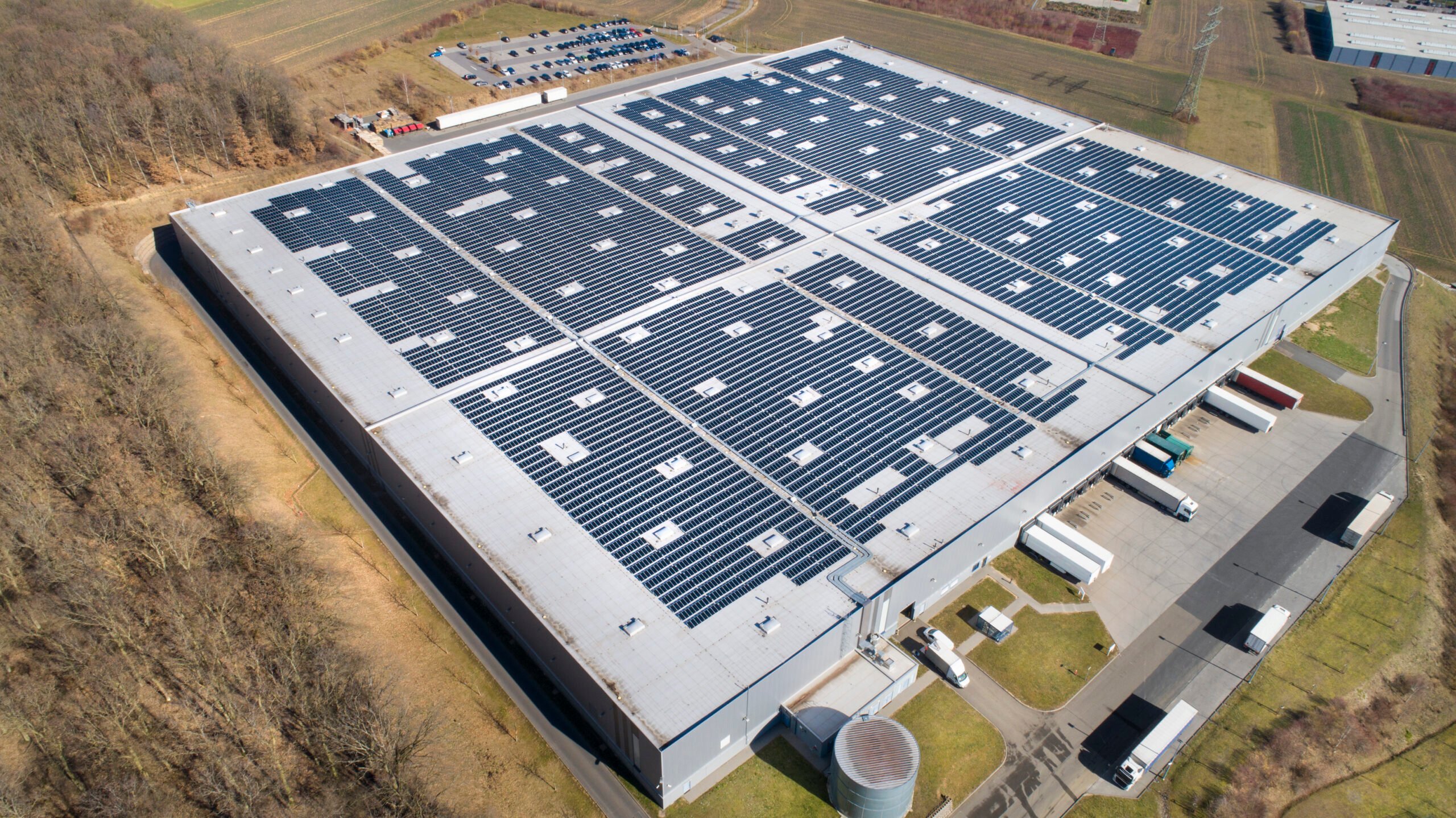If you own a business or commercial real estate, you’ve probably considered investing in solar energy. Solar electricity gives your business control and stability over utility costs for at least 25 to 30 years, and in a time of increasing carbon pricing, that investment will help your business’ bottom line. Solar energy isn’t perfect for every building and every business, so we want you to know: should you install solar panels on commercial buildings? This quick checklist will give you an idea of businesses with great potential for a solar energy installation.

Daytime Electrical Usage
Due to the nature of solar energy, your business will see the greatest positive financial impact and fastest return on investment if your electrical usage is highest during daytime hours. You don’t need exclusive daytime electricity demand, of course, since your building still functions overnight.
Clean, sloped roof space
In order to install solar panels on your business premises, you need a significant amount of open, unobstructed roof space. One solar panel takes up approximately 2 square meters, and some of our larger commercial solar installations have had well over 1,000 solar panels installed. While not every commercial solar panel installation will require 2,000 or more square meters of space, the more solar equipment you can fit on your roof, the faster your business will see tangible financial returns.
Sloped roofs are more ideal than flat roof systems, because if a roof is sloped and facing south, east, or west, it can receive more direct sunlight (perpendicular to the sun’s rays). It is absolutely possible to install solar panels on flat roofs, just be aware that flat roofs require more material and engineering costs. There is less hardware and racking for sloped roof systems, and engineering needs are less complex.
Building Owners
In order to guarantee long-term benefit from a solar energy system, you need to own your commercial building. The ideal customer for installing solar panels on commercial buildings are commercial real estate owners with one or more tenants in a commercial building, or a single business entity which retains ownership of its premises.
Three Phase Electrical Service
Commercial solar systems require three-phase electricity in order to be scalable to the size required to provide a return on investment. Single-phase electrical systems are limited in terms of size, which means your business will not see sufficient solar energy to be worth the money and trouble to install.
Value for Solar Marketing
While solar energy is undeniably valuable for long term financial stability, the greatest value for commercial solar applications applies to businesses that also directly benefit from the presence of solar technology. If your customers value sustainability and technological innovation, they will likely appreciate and support a business that invests in those values. If your business can use its solar investment to solidify traction with its customer base, you will only find faster returns, this time through increased client commitment and retention.
Small Commercial Rate Class
Your business does not require such a utility designation, but businesses paying a small commercial service rate class will see the greatest rate of return on a solar investment. That’s because there is a greater amount of variation in transmission and distribution rates on utility bills for that utility class designation. Since those transmission and distribution rates are not directly affected by your solar investment (unlike your usage rates, which will decrease), a greater variation in transmission and distribution means there will be more profit margin on your solar investment’s decreased electrical demand from the grid.
Carbon Credit and Reduction
Carbon credits and emission reductions go hand in hand since they both are material benefits to businesses investing in clean energy technology. Emission reductions are a straightforward financial investment since the various carbon taxes and levies in place in Canada mean that less carbon-intensive operations will pay less in future carbon tax, increasing future business viability.
Carbon credits are another potential revenue source for businesses with larger renewable energy systems. If your system is above 50 kW in size, you may qualify to sell credits for your excess clean energy production to businesses who want to bolster their own carbon reduction strategy.
If you want more information on the benefits of solar energy systems for commercial buildings and their owners, please read our article on solar and commercial real estate.

